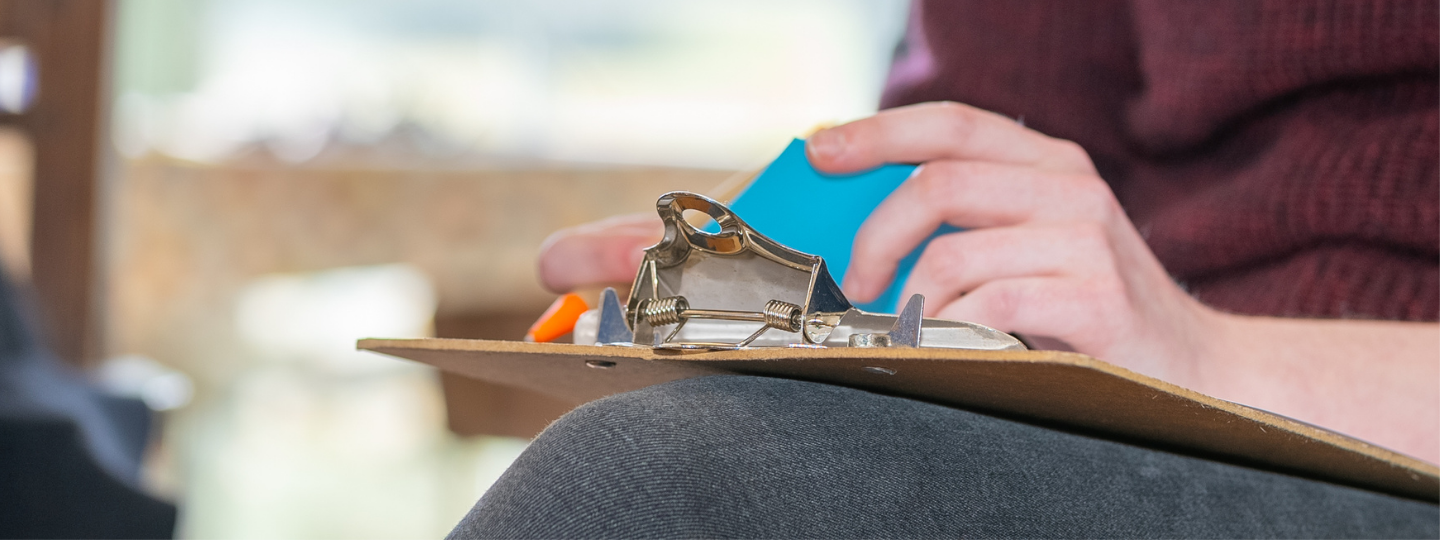Grief and loss
Grief and loss
Friday, 17 July 2020
When someone close to you dies it can be gut-wrenching and confusing. Your emotions will be all over the place while you get a handle on what happened.
You can’t bring them back, but you can find ways to be easy on yourself during this hard time.
What is grief?
Grief is a natural, human reaction to loss. When you lose someone close to you, there is a period afterwards of mourning. Grief is the emotional and physical feelings you get as you mourn.
Response to grief
Of course you’ll feel really sad when you have lost someone. But you might also feel anger, at the person who has died or at the whole world. You might feel some guilt, as many of us worry we weren’t nice to the person all the time or didn’t appreciate them enough.
Shock, frustration, worry and fear are all possible. Maybe for you and your family, you even feel relief, especially if the person suffered a lot before they died.
Sometimes you might feel empty, numb or hollow after someone dies.
Is what I am feeling ‘normal’?
There is no normal way to grieve. Your way of dealing is as unique as your fingerprint.
You’ve probably already seen how differently people grieve, even those closely related. Maybe in a family you noticed one person needed to keep busy and took on all the organising, while their brother or sister was the opposite, unable to think clearly or even say much for days.
The effects of grief
Death can be frightening. After all, it’s something that none of us know much about. We can find ourselves asking about what life means and why people we love have to die.
When we’ve lost someone it can also lead to anxiety about losing other people in our lives. These feelings can become overwhelming.
Losing someone can be so painful, even physically painful. Some people try distract themselves to avoid the pain. Using drink or drugs are prime examples of unhealthy ways to do this.
How long does grief last?
To love and to be loved is a great experience. It’s what we all live for. The other side of the coin is that when we lose someone, we feel it deeply and it can take a long time to feel better.
Experts will tell us that mourning is a process you don’t control. There is no set timeline and it can take months or years.
Give yourself time and space to feel your feelings, whatever they are. Grief is not something that you can go over, under or around. You have to go through it the best you can.
Looking after yourself while grieving
Grief can be exhausting. You are not your usual self. Try not to give yourself a hard time for not doing things as well as you would normally.
You can’t make your feelings go away, but there are healthy ways to cope with them.
Talk to someone
You don’t have to hide what you’re feeling to try and look tough. Speaking up and being honest about your emotions can give you a sense of relief.
Talk to a friend, family member or an adult you trust. Try choose a time to talk when emotions aren’t high, like watching TV together, taking a walk or on a long drive.
Some people find support groups really helpful. Sharing your story with others who have been through a similar experience can be quite comforting, especially if we feel alone.
You can seek extra help if you feel the need. If the grief impacts your mood severely, or for a long time, you could contact Jigsaw or a grief counsellor.

Write it out
If you don’t fancy talking or find it hard, try write down what you’re feeling or any thought that won’t go away. If you’re finding it hard to sleep, this can be a good exercise.
The writing can be in a diary for your eyes only, or something to share with your family, friends, or counsellor.
Connect with the person
Over time, you’ll find your own ways of connecting with the person that has died. You might visit the grave, or have a picture beside your bed and talk to them. It’s not a case of not moving on but wanting to keep that sense of connection.
You could write to the person that has died. Check out this grief letter template or sentence completion worksheet for ideas.
Allow yourself to laugh
You’re still allowed to smile, laugh and enjoy life after someone dies.
Grief is such a difficult time and you will deserve a break. Snatch moments of happiness where you find them, whether it’s watching funny videos or making a bad joke. Having a laugh or enjoying being with friends doesn’t mean that you aren’t also sad and miss the person. You can have lots of different feels all at the one time.
Be mindful of special occasions
The year after someone dies is full of firsts. Dates like their birthday, anniversary, or the first Christmas without them can be difficult.
Make a plan for these days. Don’t let them sneak up on you. Set time aside with others who knew the person or time for yourself to reflect.
Give yourself time
Sometimes we are torn between not wanting to forget the person who has died but not wanting to feel so bad. You will never forget the person but you will not always feel this bad.
What can I do now?
- Write the person a letter. Try this template to get you started.
- Check out this grief guide from Grief Encounter in the UK






